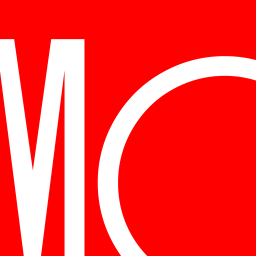A stock option is a right to buy or sell a corporation's stock at a specific price within a stated period. There are two types of options: “Calls” are options that grant the option holder the right to buy a stock, while “puts” grant the holder the right to sell a stock.
Stock Option
What is a stock option?
- A “call” option is a right to buy a corporation’s stock, while a “put” is a right to sell a stock (both with a specific price and expiration date).
- Optionholders have the right to buy a stock, but they are not obligated to do so.
- An American option can be executed only up until its expiration date, while a European option can be executed only on the expiration date.
- Investors can buy stock options to speculate on the future of a stock or for hedging strategies.
When investors purchase options (become optionholders), they must consider the strike price, expiration date, and premium. The strike price of a stock option is the price at which the optionholder may buy or sell the stock.
The expiration date is the last date by which an American stock option can be executed, while European options can be executed only on the expiration date. When stock options expire, the holder is not required to execute the option—unlike with futures contracts.
The premium is the cost of the option itself, reflecting the loss to the holder should they choose not to execute it. Investors should remember that their revenue must exceed their premium in order to profit. For instance, consider Company A with a share price of $10 and an options premium of $1. If an investor purchased a call and A’s share price rose to $11, they would not profit.
Optionholders can use options to hedge against stocks in their portfolios. Hedging with stock options reduces portfolio risk, but it can also limit returns.

